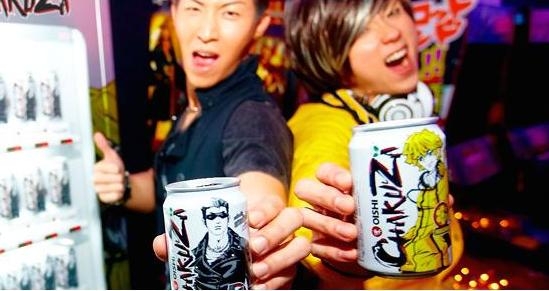
Why ThaiBev's spirits business shouldn't be spooked by weaker Thai market
It's an effective monopoly.
According to CIMB, there will be no ghost from a retrenching Thai consumer, for the spirits business. To get a grip on what FY13 revenues could look like, CIMB examines both volume and pricing for Thai Bev’s spirits business.
"We estimate that FY13 ASPs should be about 8% higher than FY12, because of a 25% increase in white spirits tax and a ~15% increase in brown spirits excise tax. Both were implemented at end-Aug 2012.
Excise tax forms about 50% of revenues. This means that for revenues to decline or stay flat, volumes have to decline by about 8% or more. We think this is unlikely to happen, whether due to the higher prices or a supposed decrease in spending power," said CIMB.
Here's more:
There may be occasions when volumes decline slightly but the earnings power of the spirits business is never impaired.
And this is down to the two points we argued for in our initiation report: 1) alcohol is addictive, and 2) Thai consumers have no other choice – Thai Bev is 80% of the market; it is an effective monopoly. And its competitive position is protected by restrictions on advertising. These two factors combined give Thai Bev tremendous pricing power.























 Advertise
Advertise






